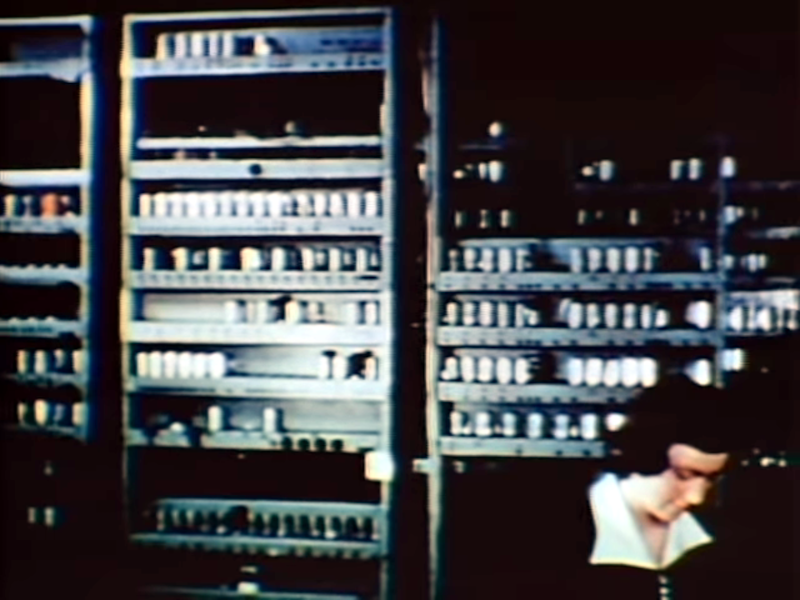Programming 1949 Style!

What was it like to program an early digital computer? [Woven Memories] wanted to know and wants you to know, too. [Maurice Wilkes] and his team wrote a book about …read more Continue reading Programming 1949 Style!
Collaborate Disseminate

What was it like to program an early digital computer? [Woven Memories] wanted to know and wants you to know, too. [Maurice Wilkes] and his team wrote a book about …read more Continue reading Programming 1949 Style!
There’s a lot of argument over which was the first modern computer to be built. There’s room for debate, but EDSAC — the work of Dr. Maurice Wilkes — certainly was among the first. While we’ve seen simulators before, [hrvach’s] FPGA-based simulator for the MiSTer platform has a lot going …read more
There’s a lot of debate over which of several contenders was the first modern computer. One of those first operating computers was the University of Cambridge’s EDSAC — the brainchild of Dr. Maurice Wilkes. The EDSAC scored a lot of firsts and used a serial data path along with mercury delay line memories. Over on Hackaday.io, [David Boucher] wanted to simulate the EDSAC in a much smaller form factor than the original room full of racks.
As you can see in the video below, he succeeded in that task, using a Teensy and a small LCD display. We’re reminded EDSAC …read more
When you write a program for your computer, whether it is a desktop machine, a microcontroller, or a supercomputer, the chances are that you use software tools to help you get the job done. High level languages, compilers, linkers, assemblers, debuggers, and code libraries have become so integrated that in many cases you will barely be aware of their existence. To all intents and purposes this huge toolchain will be the computer. But the first computer programmers had none of these luxuries. They had to hand assemble their own binaries, check them by hand, and debug them by guessing what …read more
Continue reading Retrotechtacular: Here’s How They Programmed the EDSAC Computer
We often think that not enough people are building things with FPGAs. We also love the retrotechtacular posts on old computer hardware. So it was hard to pass up [karlwoodward’s] post about the Chip Hack EDSAC Challenge — part of the 2017 Wuthering Bytes festival.
You might recognize EDSAC as what was arguably the first operational computer if you define a computer as what we think of today as a computer. [Maurice Wilkes] and his team invented a lot of things we take for granted today including subroutines (Wheeler jumps named after a graduate student).
The point to the EDSAC …read more